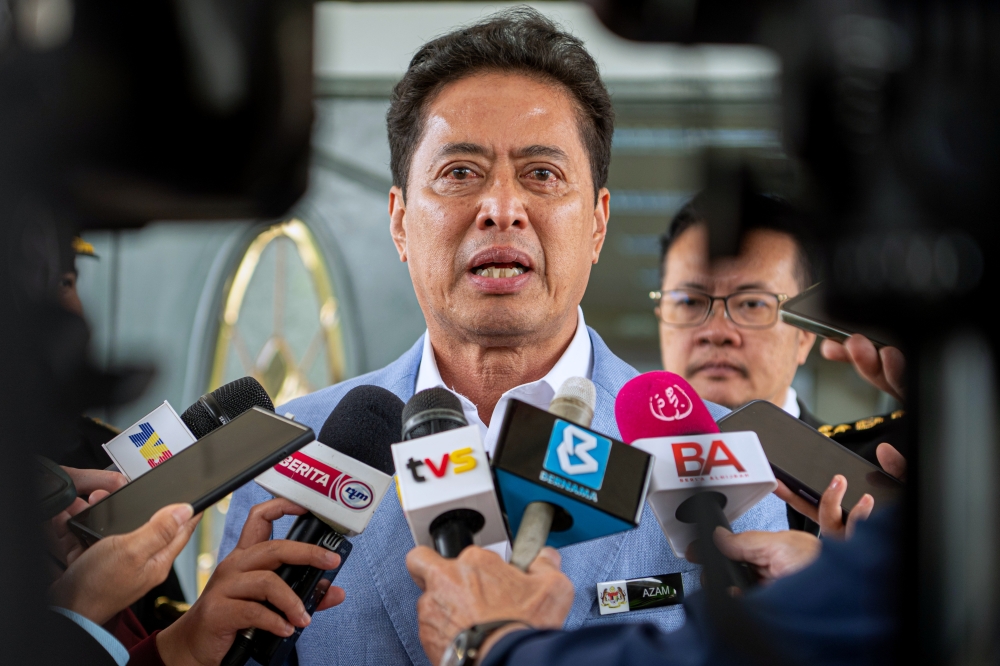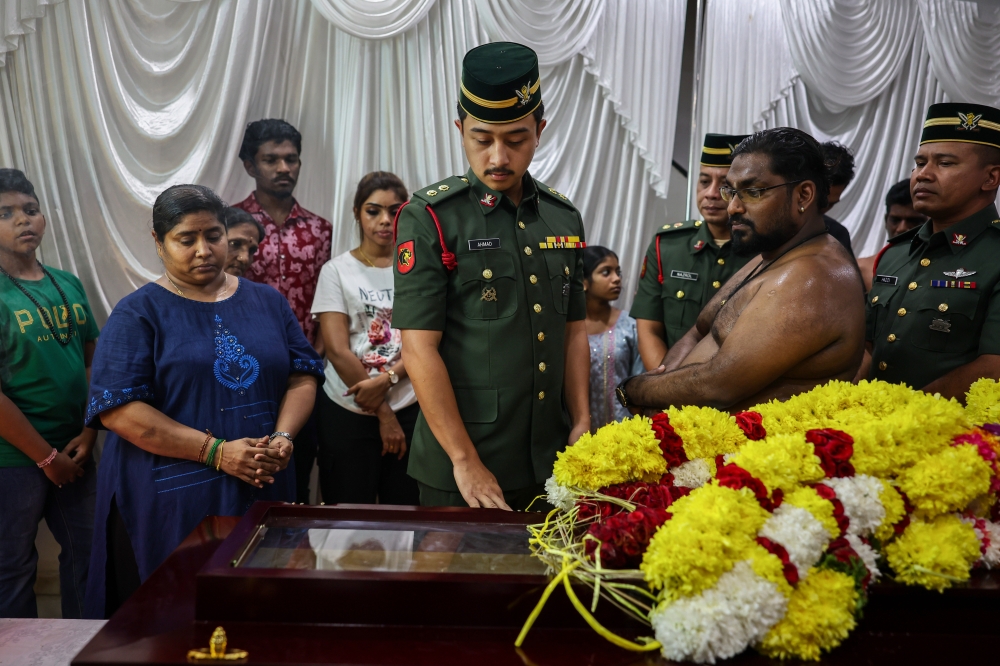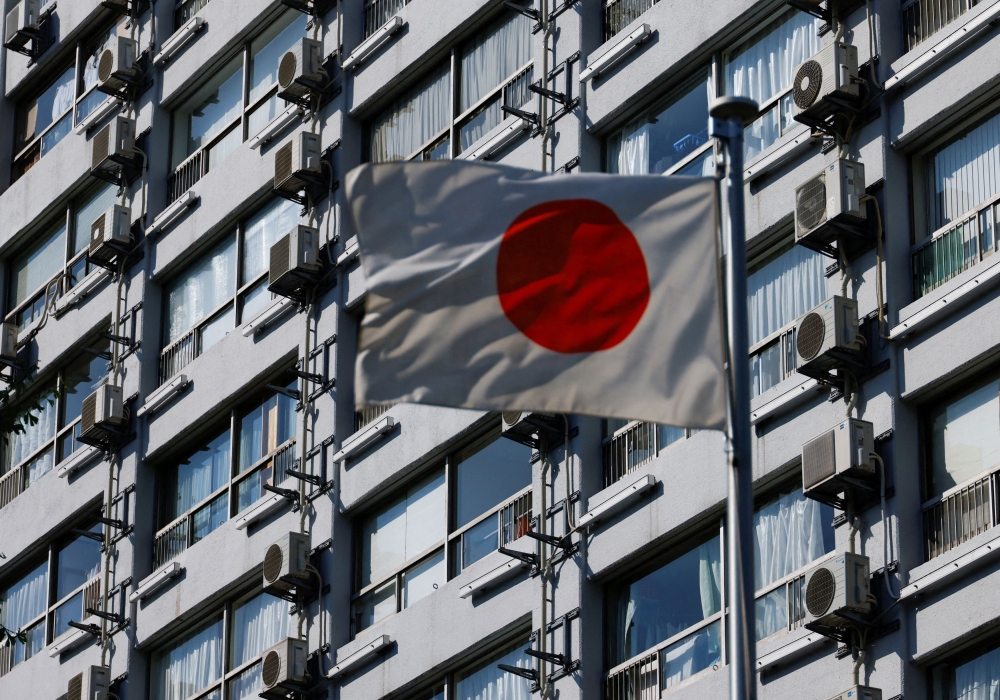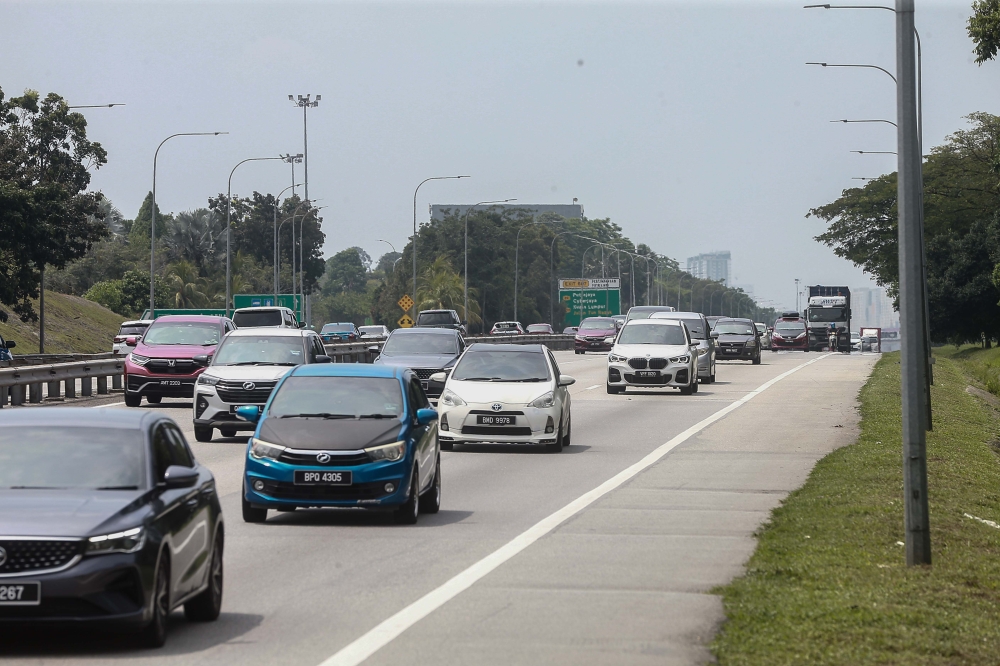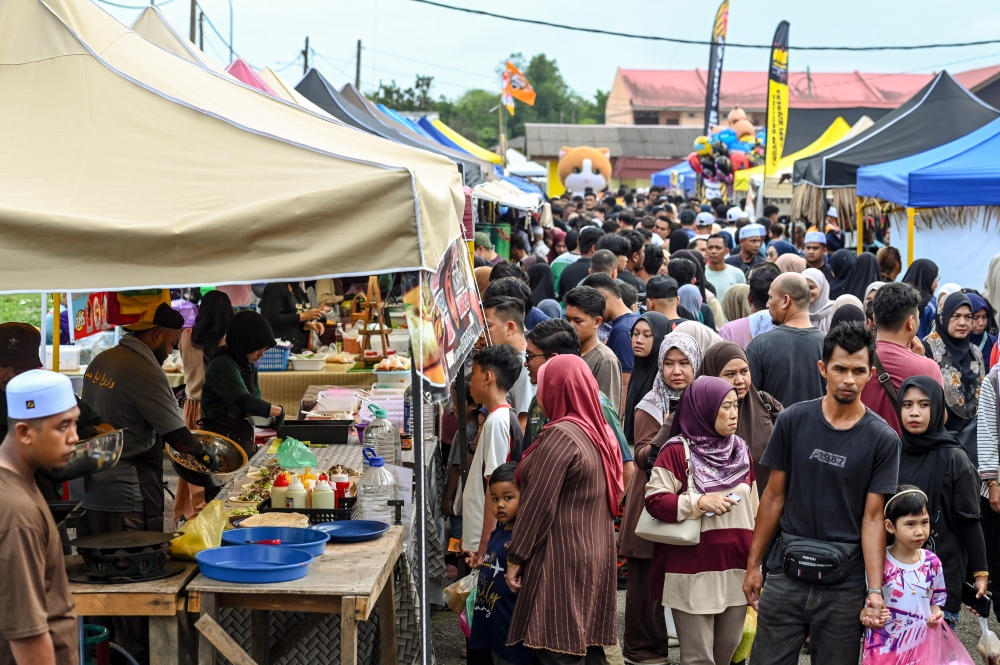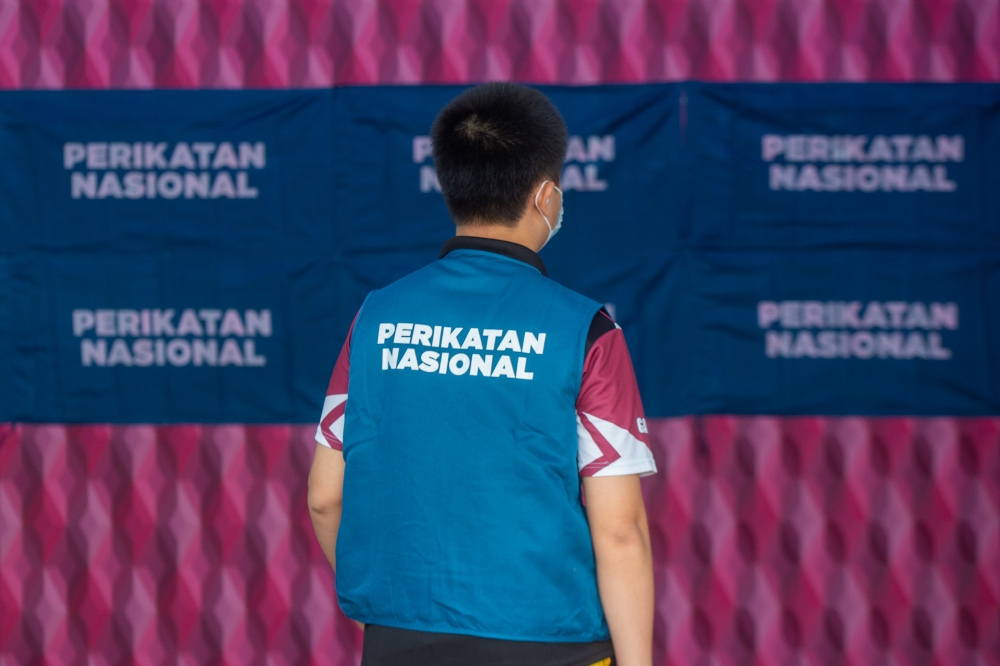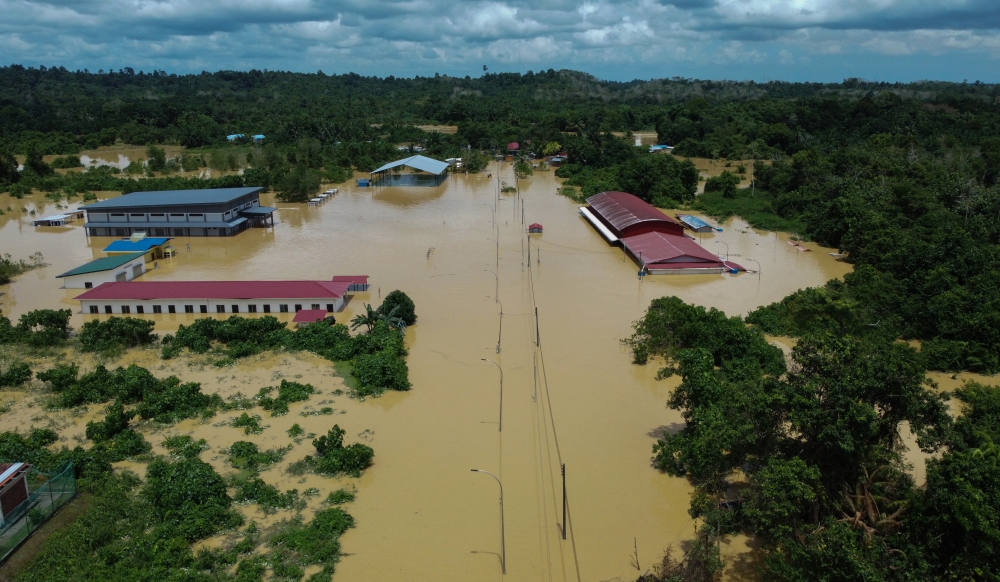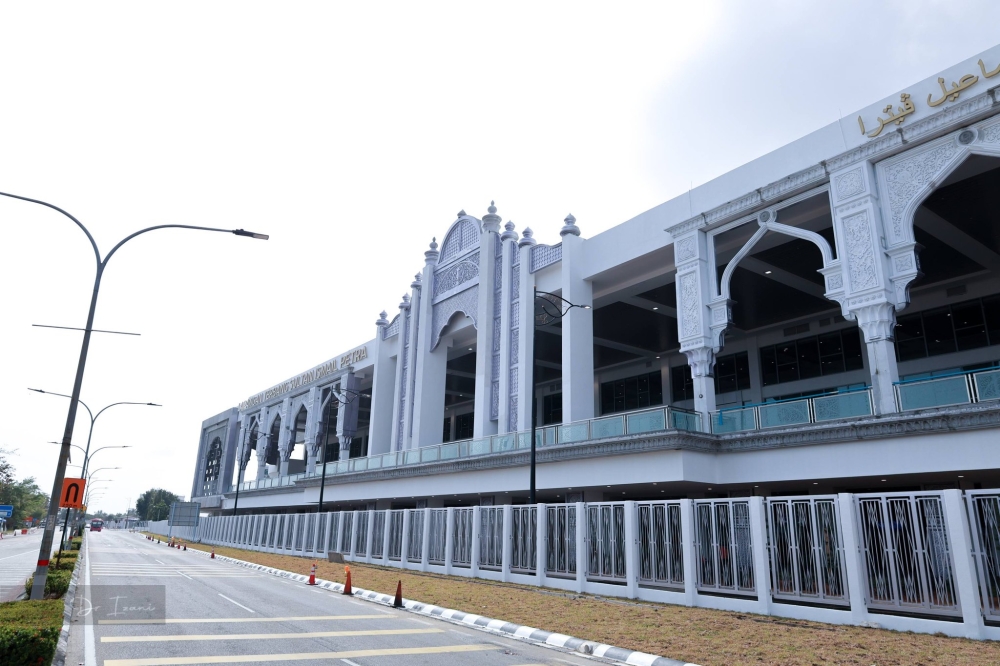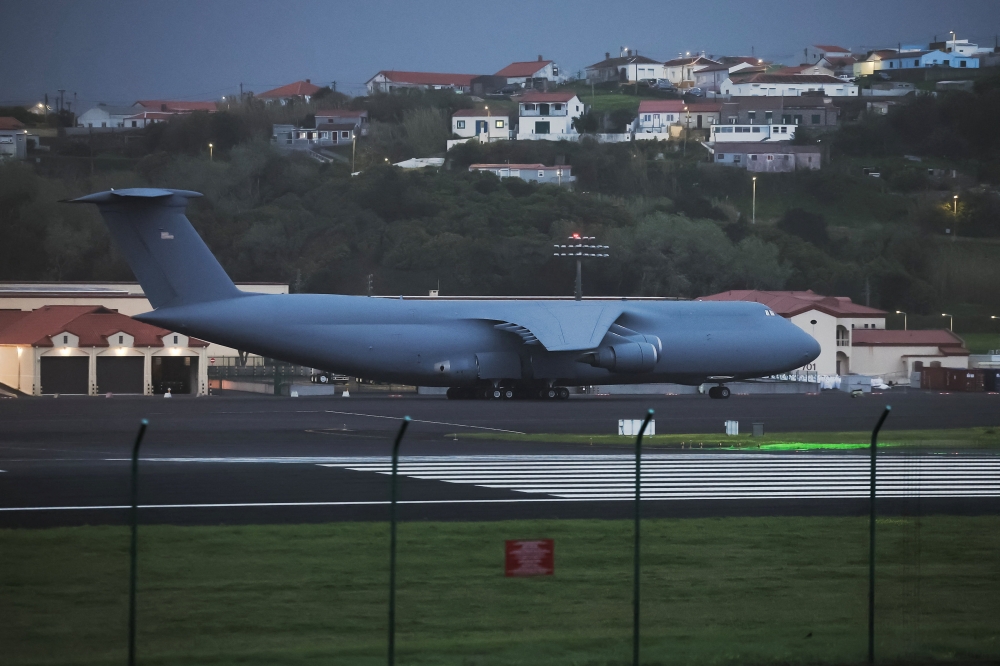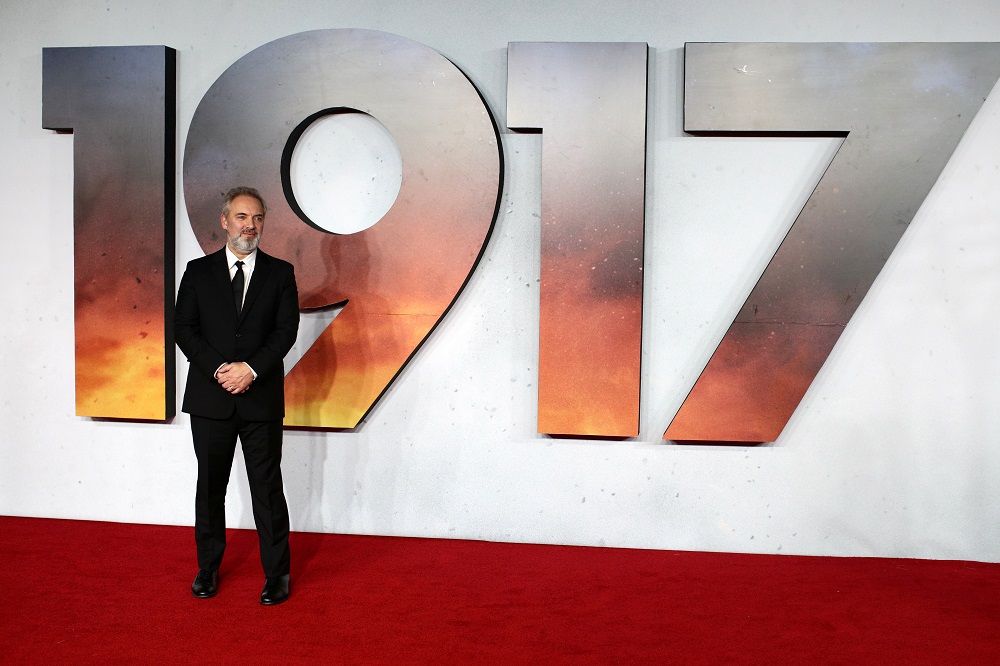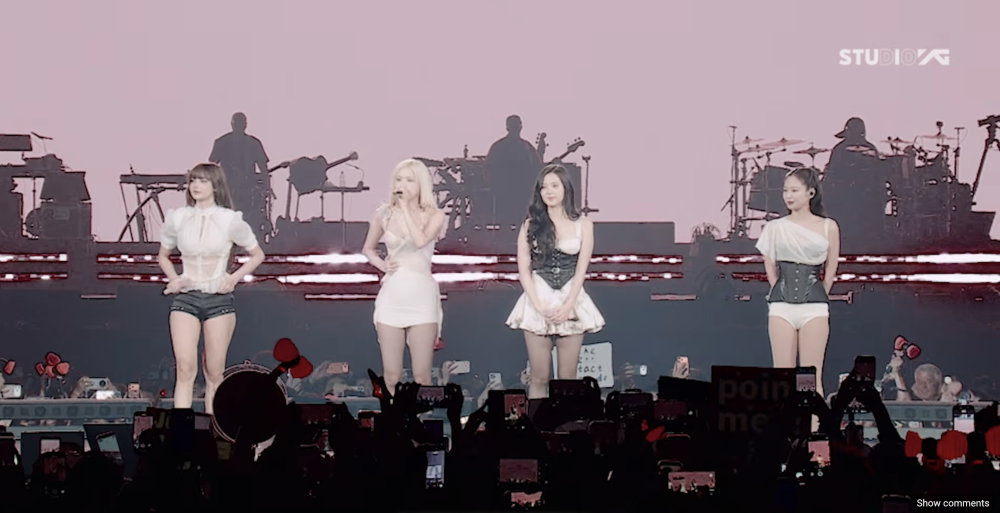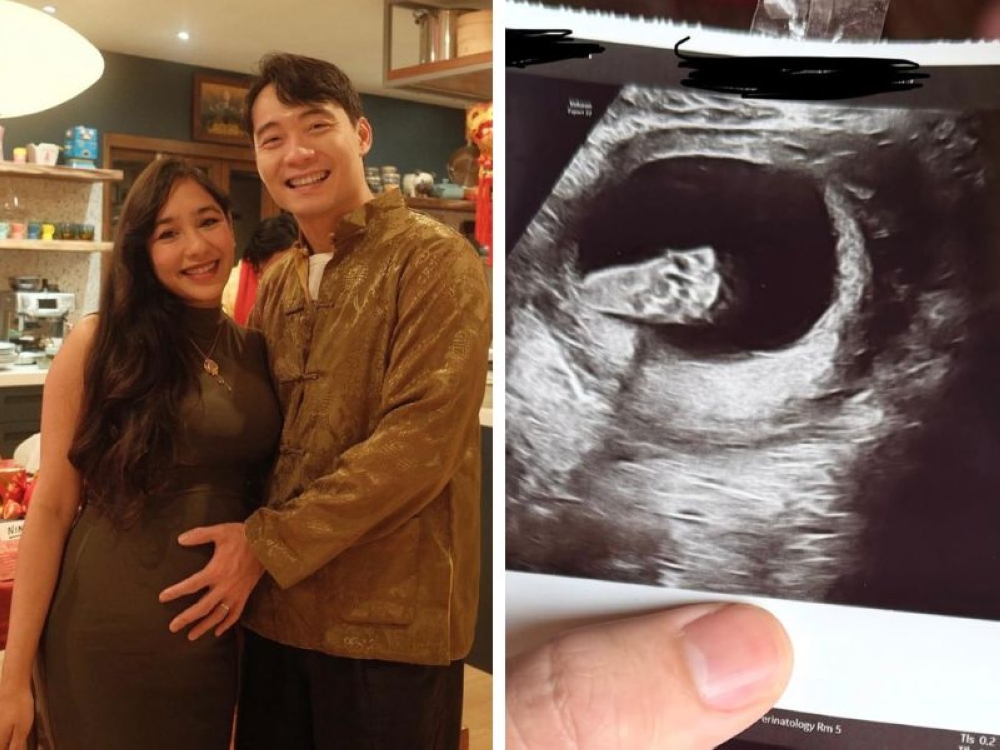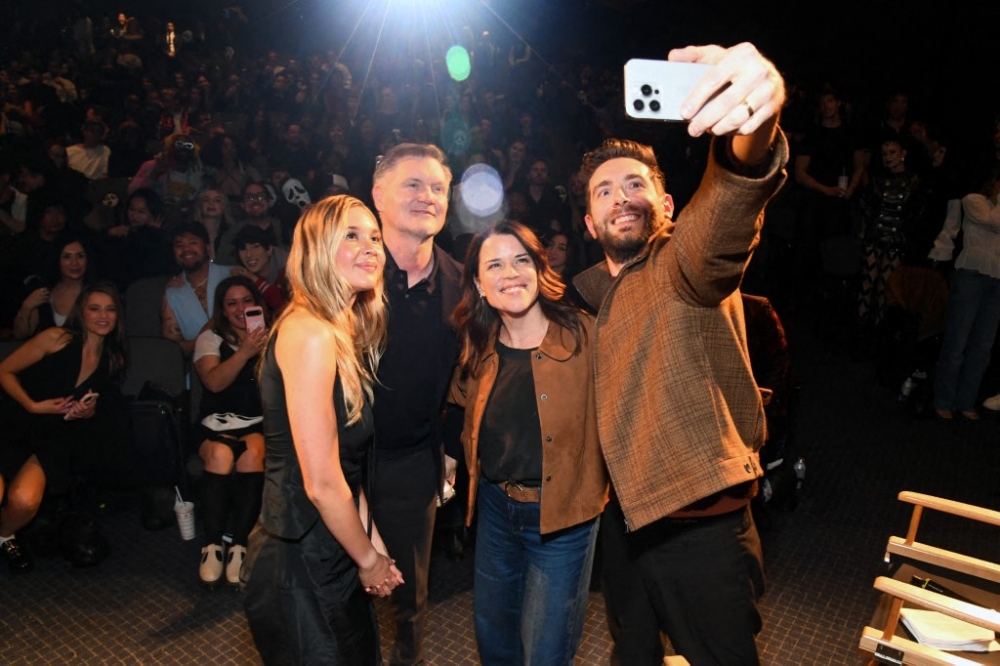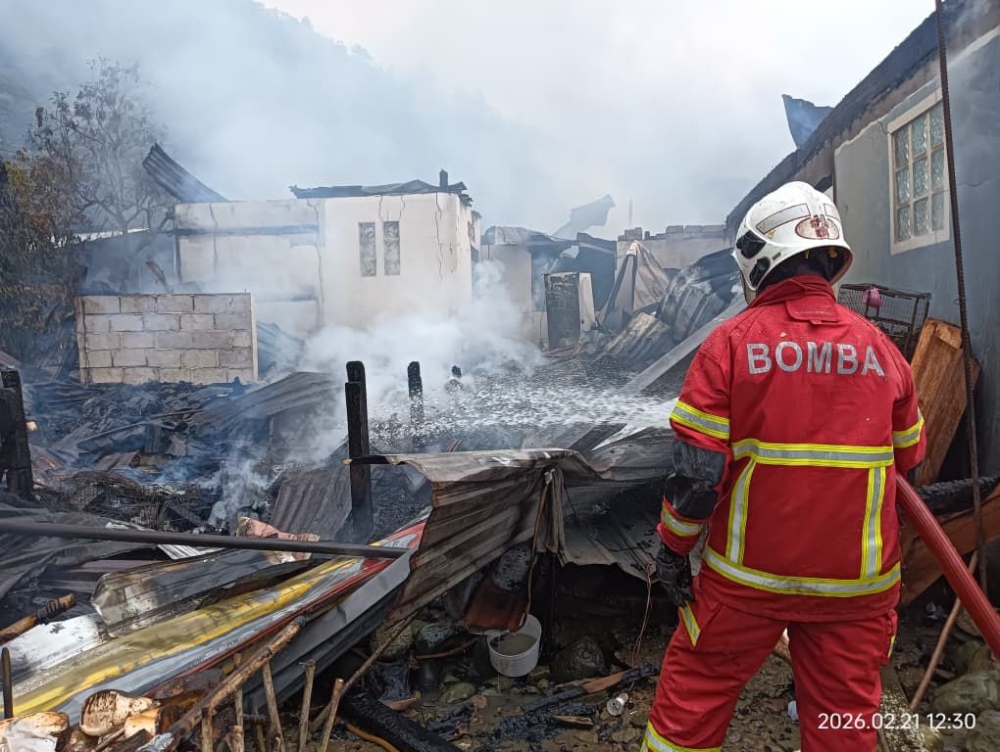PARIS, Jan 10 — Sam Mendes says that 1917 is his “most personal” film, and it could yet be his most praised after it ripped up the form books to win him best film and best director at the Golden Globes earlier this week.
His adrenalin-filled World War I epic, which the British director shot as if it was one continuous take, could yet match the five Oscars his debut feature American Beauty picked up in 2000.
“It was clearly a technical challenge,” Mendes told AFP before his unexpected triumph, with Martin Scorsese’s The Irishman seemingly the clear favourite to clean up at the Globes, which open the Hollywood awards season.
In a radical filmmaking experiment, Mendes and cinematographer Roger Deakins shot footage that glides from trenches to crater-filled battlefields and through a devastated French town.
The story for the film, which follows two British soldiers who must cross no-man’s land to deliver a vital message to abort a planned attack on German lines, comes directly from Mendes’ own family history.
His grandfather, the Trinidad-born writer Alfred Mendes, was given a similar almost suicidal mission when he served as a rifleman in Flanders, where he won a Military Medal.
Mendes’ idea for the film came from “listening to my grandfather (as a child) tell stories of his experiences.
Herculean feat
“He told one particular story of carrying a message” across the battlefield, and “that became the basis for this”, he added.
“But then everything after that was invented or based on real accounts of the war, first person accounts, letters, and diaries of other people.
“I suppose it is my most personal (film) because it comes directly from me. I’d never written a script for a film before,” said the maker of the last two Bond sagas, Skyfall and Spectre.
But even compared to those enormous minutely-planned blockbuster productions, the making of 1917 was a Herculean feat for Mendes and cinematographer Deakin, who won an Oscar for Blade Runner 2049 two years ago.
Shooting all over Britain and in Shepperton Studios near London, the two men had to make sure the action looked like it happened in one two-hour take — a technical nightmare which demanded that everything from weather right down to continuity had to be perfect.
The camera follows the two soldiers and we see everything from their point of view without recourse to all the usual editing tricks and narrative jumps that go into conventional film-making.
“I wanted the audience to connect emotionally with the central characters and never leave their side,” Mendes said.
“It was very long process because we had to walk every bit of the journey with the actors before we designed the set,” he added.
Best on big screen
“We had to understand how long every set needed to be. So if you wrote, ‘They walked down a hillside through an orchard to a farmhouse,’ you had to walk that journey and design the orchard just for the length of the conversation, and design the distance between the orchard and the farmhouse, the farmhouse and the barn, the barn and the road, the road and the canal. Everything had to be interlinked.”
But the sets could not be built until “we had rehearsed it fully with the actors. So we were rehearsing for months and months. And then building, rehearsing again, then building again. We built over a mile of trenches,” he revealed.
Mendes said he wanted to make his two messengers, played by George MacKay and Dean Charles Chapman (Tommen Baratheon in Game of Thrones), “to feel like two men among two million. They’re not heroes, they’re just men.
“And for the audience, I wanted them to know that maybe they won’t survive. Maybe both of them will be killed.”
For Mendes, an acclaimed theatre director who still loves the pull of the live, his movie works best on the big screen rather than streamed.
“I think it’s up to filmmakers to make films that need to be seen on the big screen, and make an audience feel like if they don’t see it on a big screen, they are going to miss out.” — AFP

